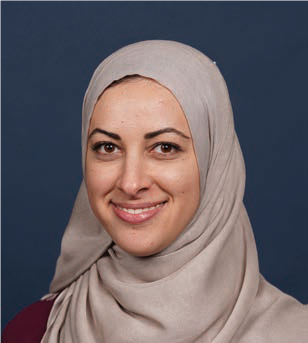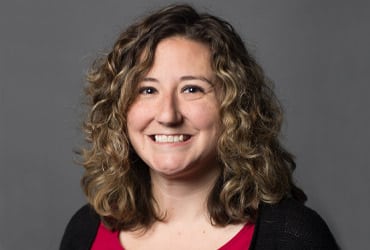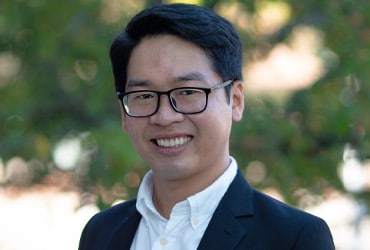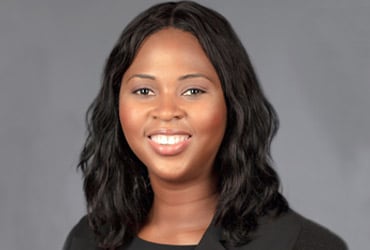Building Networks among the Next Generation of Cancer Researchers: AACR Cancer Health Disparities Special Conference
By Christina Leah B. Kline, PhD
The AACR Science of Cancer Health Disparities conferences provide a comprehensive look at the progress that has been made on a diverse set of research questions underlying cancer health disparities. Insights from AACR grant recipients, however, reveal how the Conference is more than just a transfer of information by serving as a backdrop for conversations among individuals minority and non-minority alike, bound by a singular commitment to provide cancer cures for all.

Rania Bassiouni, PhD, a 2020 AACR-Genentech Cancer Disparities Fellow who spoke on racial disparities in the transcriptional substructure of triple negative breast cancer shared, “Although I study cancer biology, I think it is important to understand that cancer disparities should be studied at many levels: clinical, epidemiological, socioeconomic, geographic, etc. I find that attending the conference gives me a better understanding of the entirety of the field and an appreciation for the Cancer Health Disparities research community. Additionally, I found it very beneficial hearing from patient advocates, who had very compelling and important perspectives on the involvement of patient communities in research.” 2022 Breast Cancer Research Foundation-AACR Career Development Award to Promote Diversity and Inclusion Recipient Kimberley Lee MD, MHS added, “Learning about new methodology in health equity research helps inform my research agenda.”

To successfully address cancer health disparities, researchers who are not necessarily focused on cancer health disparities also need to be invited to the table. 2021 Gertrude B. Elion Grant Recipient, Alison Taylor, PhD, is primarily a basic science researcher. As one who is expanding intocommunity-based participatory research , she found the basic science and poster sessions most helpful. She found that “networking with other basic scientists who also care about cancer health disparities is the most important benefit of attending.” Impressed by science that she learned, both in her field and outside of it, she is already planning to bring her trainees to future meetings!

Conversations about cancer health disparities permeated the entire Special Conference. 2022 AACR-AstraZeneca Breast Cancer Fellow Minh Tung Phung, PhD, attending for the first time, was enthused about the feedback that he received on his poster presentation. Dr. Bassiouni shared how “the breakfast networking roundtables were an excellent opportunity to meet other attendees with similar interests. I really enjoyed the informal networking settings and made many connections during these sessions.”
When asked about the most important benefits of the conference, the four grant recipients answered resoundingly, “NETWORKING.” Dr. Lee, an assistant member in the Departments of Breast Oncology and Health Outcomes and Behavior at Moffitt Cancer Center, shared how “professional networking with people working in the field of health equity is priceless. Being around like minds for a few days every year is the highlight of my academic year. This conference allows for new collaborations, a very important factor for a junior faculty member.”

Increasing funding support for cancer health disparities research remains an important issue. Dr. Lee was encouraged to receive updates on the diversity research funding pipeline at the conference Dr. Phung, however, suggested that for future conferences, it would be beneficial to have educational sessions focused on grant writing.
The feedback from members of the next generation of cancer researchers is promising and confirms that the AACR is on the right track as it employs a myriad of strategies to help address cancer disparities. Hearing Dr. Bassiouni say “I leave the meeting motivated and inspired to continue making research progress to address cancer health disparities,” infuses us with hope for reaching the goal of curing cancer for all.